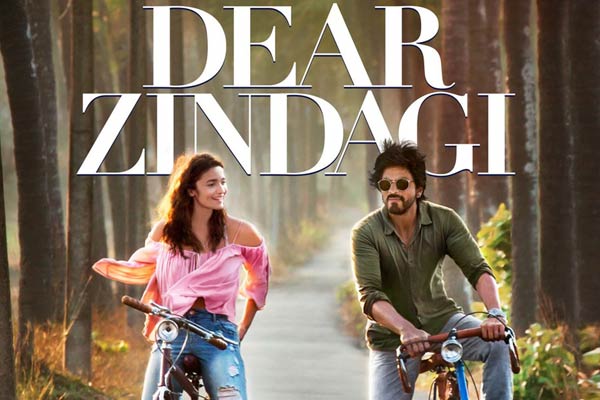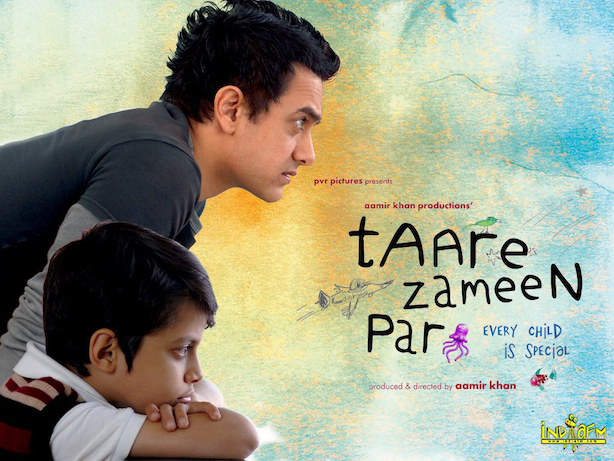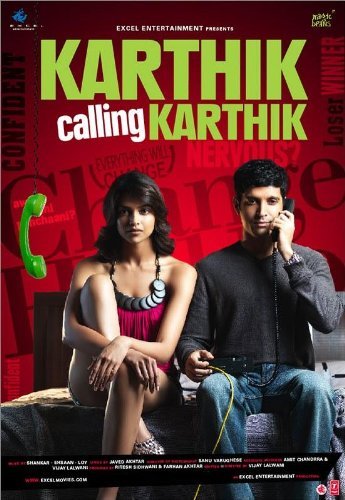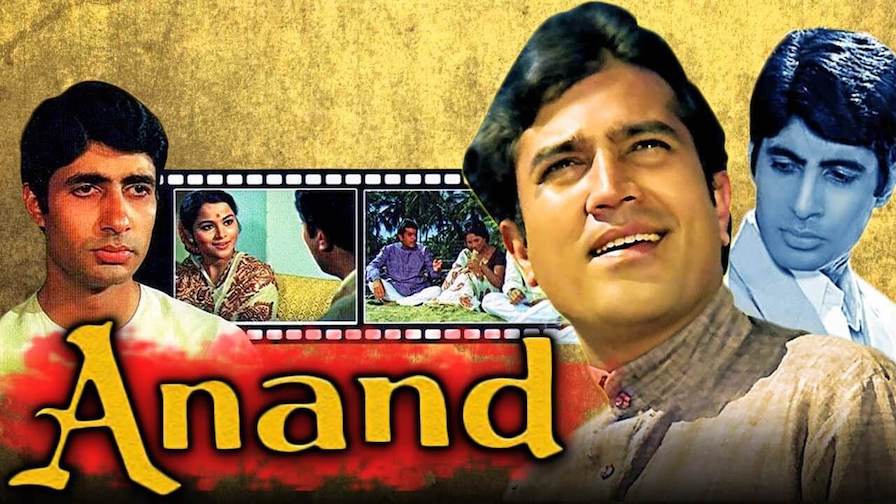In the vast and diverse landscape of Indian cinema, mental health has emerged as a compelling and thought-provoking theme. It delves into the depths of human psychology, unravels the intricacies of emotional well-being, and often serves as a mirror reflecting societal stigmas surrounding mental health issues. Over the years, Indian cinema has embarked on a remarkable journey, evolving in its portrayal of mental health, influencing public perception, and redefining its narratives to promote awareness and understanding.
Early Portrayals
In the early years of Indian cinema, the depiction of mental health was rather simplistic and often riddled with inaccuracies. Characters grappling with mental health issues were typically portrayed in one of two ways. They were either shown as menacing, frightening individuals who posed a threat to others, or they were made the subjects of comedic relief, played for laughs. Regrettably, these early portrayals did more harm than good, perpetuating misunderstandings about mental health.
Thankfully, as time passed, Indian filmmakers began to approach mental health with greater care and sensitivity. They recognized the need to better understand the intricacies of the human mind and the struggles faced by those dealing with various mental health conditions.
A Shift Towards Nuance
The evolution of mental health portrayals in cinema led to a more thoughtful and compassionate approach. Rather than resorting to sensationalism or mockery, movies began to depict characters with mental health issues in a more realistic and nuanced manner. These characters were no longer one-dimensional stereotypes but instead became relatable, three-dimensional individuals who grappled with complex emotions and challenges.
In the modern cinematic landscape, films explore the emotional turmoil, vulnerability, and resilience of individuals dealing with mental health issues. Characters are portrayed with depth and authenticity, allowing audiences to connect with their experiences on a deeply emotional level. Filmmakers shifted the focus from superficial portrayals to realistic depictions, highlighting the authentic struggles faced by individuals managing their mental health.
Classic Films and Iconic Characters
In the realm of Indian cinema, certain classic films have played an invaluable role in reshaping how society perceives mental health, dismantling stereotypes, and challenging prevailing norms. These cinematic gems have left a lasting impression by delicately unravelling the intricacies of mental health issues.
Anand (1971)
Directed by Hrishikesh Mukherjee, “Anand” stands as a timeless example of cinematic brilliance. The film masterfully weaves a heart-rending tale of friendship and the looming spectre of terminal illness. As it explores these profound themes, it subtly shines a light on the emotional turmoil that consumes its characters. Central to this narrative is the character of Anand, brought to life by the legendary Rajesh Khanna. Anand’s indomitable spirit in the face of impending mortality not only resonates deeply with audiences but also fosters a heightened sense of empathy and understanding towards individuals battling grave health conditions. The film underscores the profound impact of terminal illness on mental well-being, making it a touchstone in the portrayal of mental health in Indian cinema.
Tere Ghar Ke Samne (1963)
Directed by Vijay Anand, this film represents a pioneering effort in introducing audiences to a character grappling with obsessive-compulsive disorder (OCD). It paints a vivid picture of the character’s struggles with meticulous sensitivity and compassion, marking one of the early instances in Indian cinema where a mental health condition was portrayed with a semblance of authenticity. By depicting the character’s experiences through a lens of empathy, the film made significant strides in dismantling the stigma surrounding mental health conditions.
21st-Century Bollywood
In the 21st century, Bollywood has continued its evolution towards more candid and empathetic portrayals of mental health issues. These films have boldly embraced subjects such as depression and anxiety, steering conversations about mental health into more open and inclusive spaces.
Dear Zindagi (2016)

Directed by Gauri Shinde, “Dear Zindagi” stands as a testament to the evolving landscape of Bollywood. The film unravels the intricate journey of its protagonist as she navigates the labyrinth of her emotional and mental landscape. It places a strong emphasis on the significance of seeking professional help and embracing self-acceptance, effectively dismantling age-old stigmas surrounding mental health. “Dear Zindagi” serves as a trailblazer, paving the way for more candid conversations about mental well-being.
Taare Zameen Par (2007)

Directed by Aamir Khan, this cinematic masterpiece sensitively portrays a child’s arduous battle with dyslexia. The film transcends surface-level portrayals, delving deep into the profound impact of this learning disorder on the child’s mental well-being. It serves as a poignant reminder of the critical need to understand and address the emotional aspects of mental health in young individuals. “Taare Zameen Par” resonates deeply with audiences, and its portrayal of the child’s struggles and eventual triumphs has played an instrumental role in destigmatizing learning disorders.
Karthik Calling Karthik (2010)




